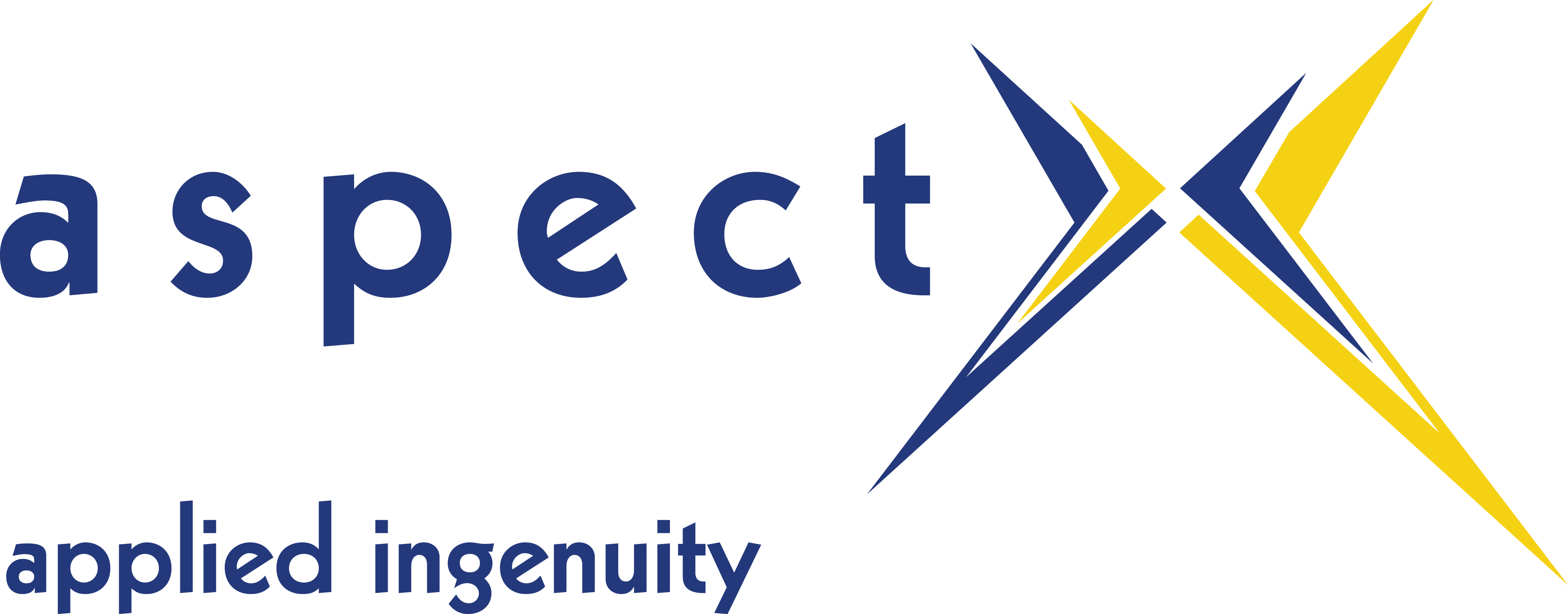By Dawn Marie Yankeelov
Cryptocurrency discussions of how to make money in this new “Wild West” of monetization tied to blockchain have risen in conversations from bank counters to boardrooms across the Commonwealth.
At a Technology Association of Louisville Kentucky meetup in Q1, four Kentucky experts and one attorney participating in this space came together with an audience looking for a deeper understanding of what’s next.
Those active in the discussion and in Kentucky circles on cryptocurrency include:
- Luke Sestito, Co-Founder, CryptoProperties, LLC (CPROP)
- Chris Page, CEO, Off Camber Creative, LLC
- Enrique Rodriquez, CEO, Crypto Consulting Group
- Andrew Prell, CEO, Convergence, and
- Attorney Gray Sasser, Frost, Brown & Todd
“The core in blockchain initiatives is the decentralization structure, and there is really more incentive to work with the network and more value to a miner that way,” pointed out Enrique Rodriquez, CEO and a partner in Crypto Consulting Group.
Let’s take bitcoin, which saw a plunge in January but more recently rallied around news that it would hit $50,000 coin by the end of 2018. With paper money, a government generally decides when to offer more and release new monies. Bitcoin and other cryptocurrencies rely on miners with specialized software using mathematical formulas to issue a certain number of bitcoins in exchange. For those not interested in operating the actual hardware then they can purchase Bitcoin cloud mining contracts, which is where many scams have arisen. Investopedia points out that in fact there are only 21 million bitcoins to be mined.
“There are a lot of forks for Bitcoin, and it takes a while for times to change. The industry as it is today for cryptocurrency can be compared to the 1st cars we ever saw. We are watching the market move,” pointed out Luke Sesito, a partner in Cprop, a Northern Kentucky-based blockchain approach to property management. A hard fork is when a single cryptocurrency splits in two.
Sestito pointed out that approximately 40% of all Bitcoin is held by a small group of investors. “It is the Wild, Wild West. You can easily lose 20 to 30 percent in a night,” he pointed out. “In 2008, no one could have foreseen the scale of the transactions,” he added.
An audience question came up on misplaced bitcoins from a phone upgrade. “It’s true that there is no traditional bank to secure your funds in this process. You do it yourself with private keys. You are accountable for your stuff,” said Andrew Prell, a Louisvillian who is taking his knowledge of virtual reality coin into the space and organizing a Derby-time conference in May on fintech, ICOs, blockchain, and the sharing economy under his company, Convergence.
Chris Page, CEO of Off Camber Creative, discussed participation in an initial coin offering (ICO) where startups write up a paper on their plans and money needed to undertake a cryptocurrency venture is raised. “This is basically an unregulated IPO (initial public offering). Often there is FOMO (the Fear of Missing Out) present for the observer. The average return reported by various media is high, but there are a number of Ponzi ICOs, so the buyer must beware. Scammers are out there,” he added. A late 2017 report from VC Mangrove Capital says the average return across 204 known initial coin offerings is 1,320%. Rodriguez said that a look at how active communities around an ICO are sometimes can reveal whether it is a scam. Begin by reading the white paper, he said.
The appeal of getting rich quick has even dropped down to the middle school age, said Prell. “High schoolers are now even running funds. The only way to shut down Bitcoin now is to shut down the internet,” he contended.
Exchanges may soon face regulation, said some of the panelists. However, Attorney Gray Sasser of Frost, Brown & Todd pointed out that for many states regarding regulation, “It is a race to the bottom.” For example, New Hampshire legislators sought money transmission exemptions earlier in the year for bitcoin startups in late January.
Page of Off Camber Creative is preparing its equity fund of cryptocurrencies only for accredited and institutional investors, but felt that the conversations in the TALK meetup were a good cross section of what people need to know. Off Camber Creative provides a specialized trading platform for investment in digital currencies.
Rodriguez of Crypto Currency Group indicated that his company continues to offer classes and workshops in the Louisville area to learn more. The company’s media coverage includes a February article in The Washington Post, and more interviews are planned to show that Kentuckians are active in cryptocurrency, he says.
Dawn Marie Yankeelov is a founder and executive director of TALK (Technology Association of Louisville KY.)
###
